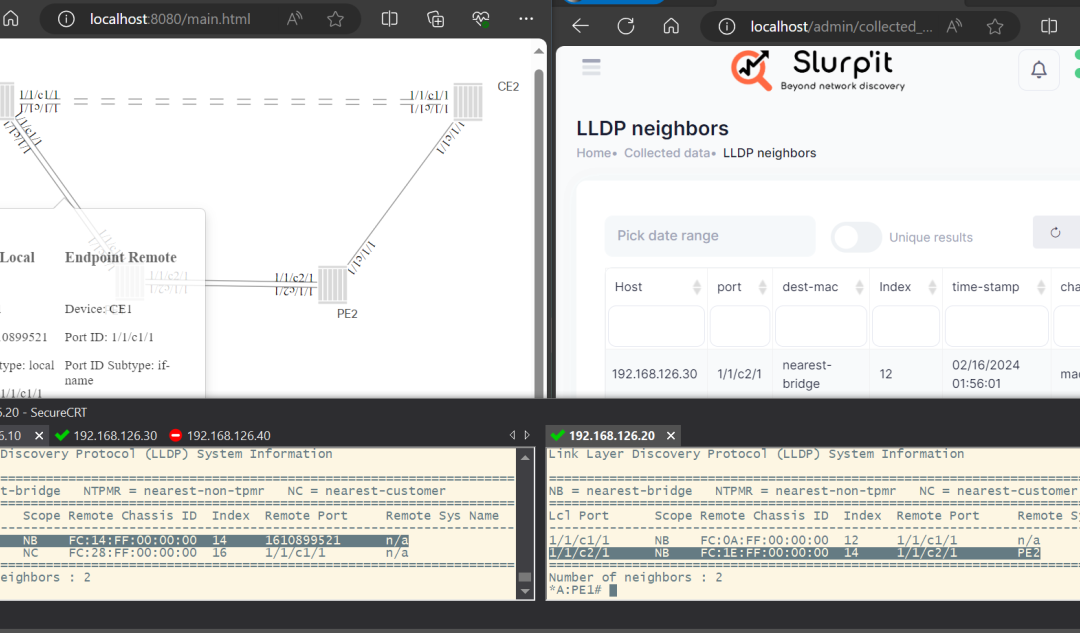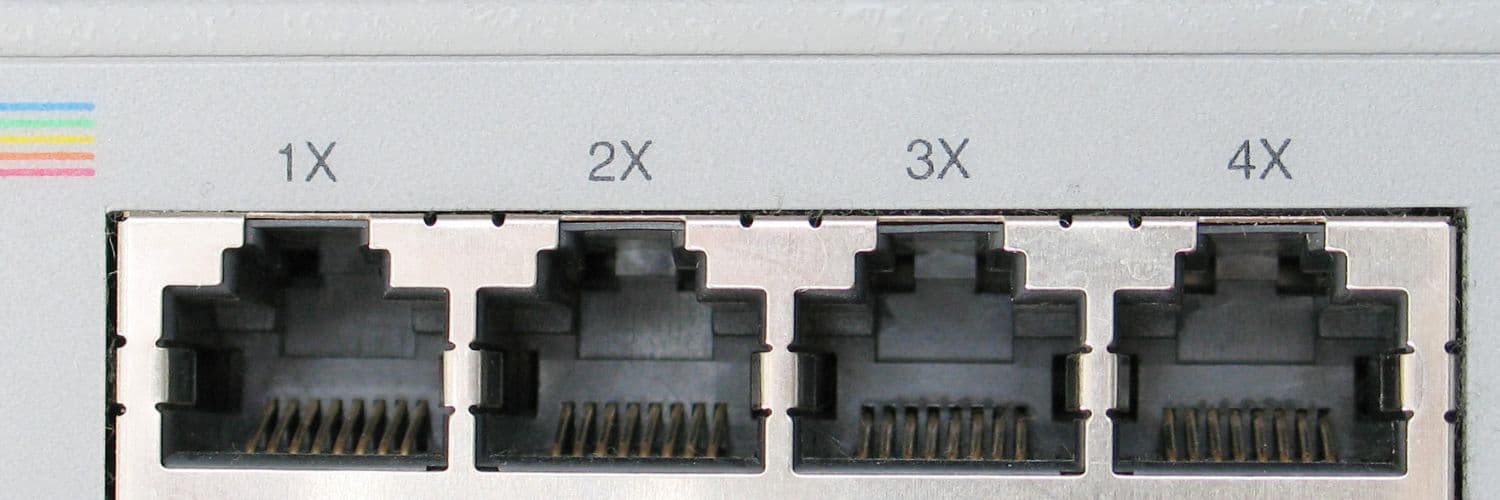Small businesses are the targets of cyber threats. And this is not us telling this, but a statistic stating that the global cost of cybercrimes is about to jump to $33.84 trillion by 2027. The numbers are huge. But there’s a way out. That’s through encryption!
What is Data Encryption?
Now that you have explored cybercrimes, next comes the protection part. And here’s where it comes into the picture. The process goes like – the information (data) is encoded in a way that only authorised parties can open/access it.
But, the thing to remember here is that encryption is of various types. The most popular ones are – symmetric encryption, asymmetric encryption, and hashing encryption. All of these encryptions ensure that whatever data is there the confidentiality, integrity, authenticity is always taken care of.
In simpler words, encryption offers a layer of defence against unauthorised access and data manipulation, which is quite the need of the hour.
Is it Important for Small Business?
Definitely yes. Small businesses are often not immune to these threats. And that’s why they are the prime targets due to the perceived vulnerability. Some major reasons why it gets essential for small businesses are:
Protection against data breach
Encryption, most importantly protects and mitigates risk of small businesses against any data breach or attacks that would happen. It protects sensitive data from unauthorised access.
For compliance requirements
Next comes compliance. Many industries out there, be it medical, have strict compliance requirements regarding data protection. So if a small business goes for encryption, it actually is a step forward to meet regulatory standards and avoid any costly penalties.
To safeguard customers sensitive data
Here comes the main part – customers are the treasures of small businesses. To handle all the sensitive data like personal and financial information, encryption becomes important. Encrypting information ensures long-term confidentiality and protects customer privacy.
Preserve business reputation
A data breach can break a business, it comes with devastating consequences. The whole reputation gets damaged and the customer’s trust erodes. On the other hand it gives a commitment to security, which is essential.
How to Implement it in Small Business Networks
The approach here of implementation is quite comprehensive. It goes like:
- First, encrypt all the data on the disk and the files. For example, do disk-level and file-level encryption on servers, computers, and mobile devices, if any.
- Next, you have to encrypt all the data that’s in the transit. Over here you have to secure data transmission over networks using SSL/TLS protocols or even VPNs. This will prevent interception and eavesdropping.
- Businesses must also ensure that the passwords are strong enough. They should implement strong password policies and multiple factor authentication. This ensures prevention against unauthorised access to encrypted data.
- Investment must be done heavily on encryption softwares and tools. These tools must offer robust encryption algorithms and must come with key management capabilities.
- And here comes the main part, implementation of regular data backups and secure key management practices.
Best Practices for its Implementation
Being a small business, one major concern which lies is – effectiveness of data encryption. And to get this, they must adhere to these best practices:
Conduct risk assessment
Businesses must initially identify and prioritise sensitive data. Then it must be categorised based on their importance and potential risk exposure.
Develop a data encryption policy
Next, a solid data encryption policy must be built. The policy must cover the procedures of data encryption – including the main aspects like encryption requirements, key management practices, and other critical incident response protocols.
Employee training and awareness program
Employees must be educated about the importance of it. Regular awareness programs must be held. They must be well aware of critical information like security best practices and their roles and responsibilities in safeguarding sensitive data.
Regular security audits
To check out the effectiveness of its measures (which we have taken so far), regular security audits should be done. Also, compliance checks should happen as it helps in ensuring whether the encryption meets regulatory requirements.
Challenges and Considerations in its Implementation
Despite the tens and hundreds of benefits data encryption offers, it undoubtedly comes with many challenges. Some major ones are:
Performance impact
There can be some sort of performance overhead that could happen because of encryption. Specifically in resource constrained environments encryption often impacts the overall network and system performance.
Compatibility issues
Next, when it comes to legacy systems, integrating encryption solutions gets difficult. Also quite often many applications may pose compatibility challenges, and to get rid of this, careful planning and implementation is important.
Management and access control
Next is the crucial part – proper key management and access control. These two aspects are critical for effective encryption. Small businesses must thus implement robust management practices. This will safeguard encryption keys and also prevent unauthorised access.
Cost of implementation and maintenance
To the last comes the cost part, implementation and maintaining encryption solutions are costly. More particularly to small businesses as they have limited resources. However to mitigate this challenge they can opt for cost effective encryption solutions or even managed encryption services.
Case Studies
Now you may be doubtful of who should implement its solutions. Some real-life successful implementation cases are:
- If you are small ecommerce business owner, it (SSL/TLS) can secure online transactions and protect customer payment information
- If you are into financial services, a small firm, you can encrypt customer databases. This will help you to comply with regulatory requirements and so safeguard sensitive financial data.
- To the last, if you are a small law firm, it can keep your client documents and communication confidential. This will protect intellectual property, if any, or even client confidentiality.
Future Trends and Innovations in it
Technology is evolving and so will the field of data encryption. Quantum computing will be a thing in the new future followed by post quantum cryptography. Homomorphic encryption, in the future, will help the most with secure data processing. And to the last comes blockchain technology that will offer immutable data encryption.
Data integrity and security is the demand of the future, and encryption is the key to that! Stay encrypted!














